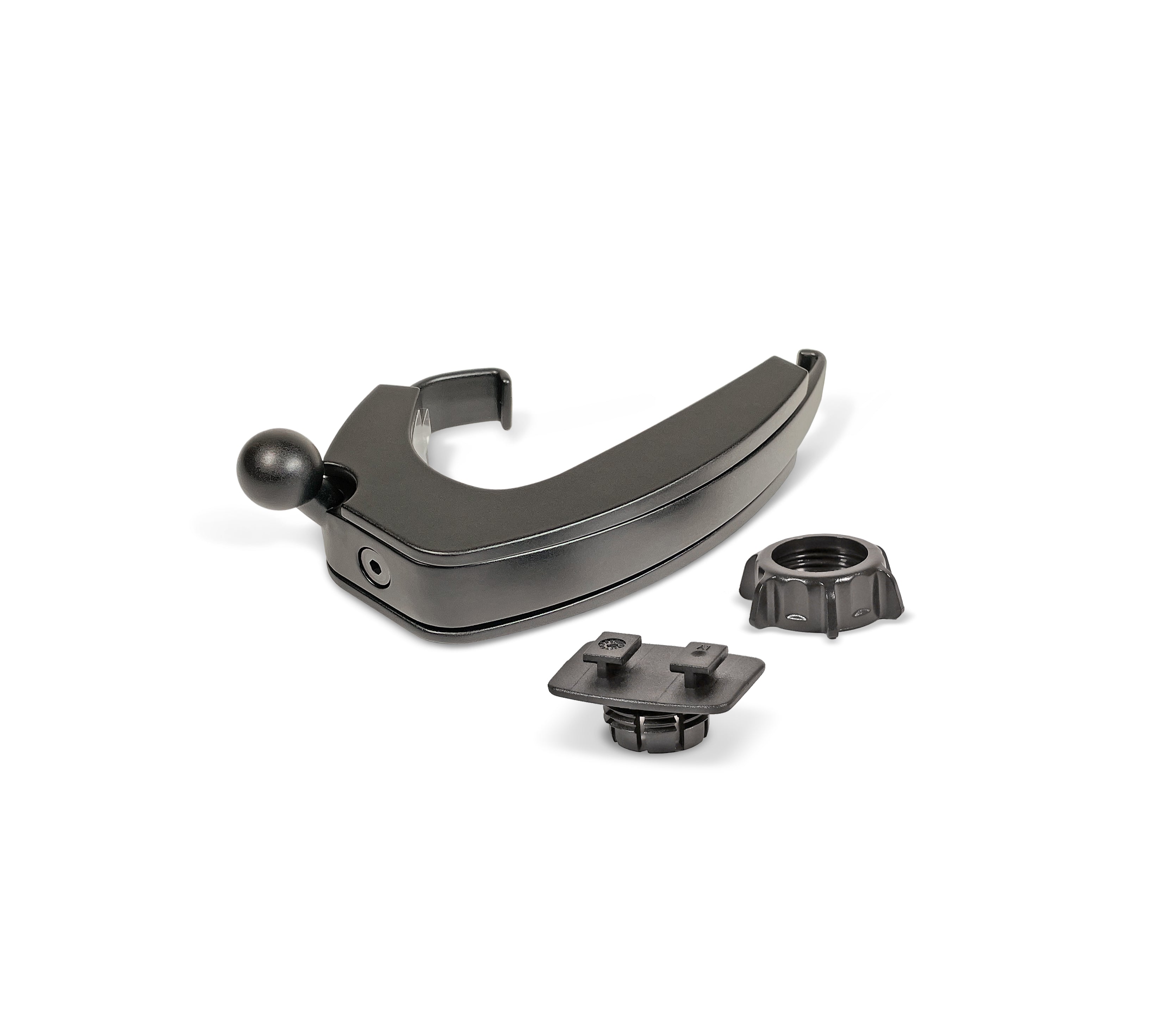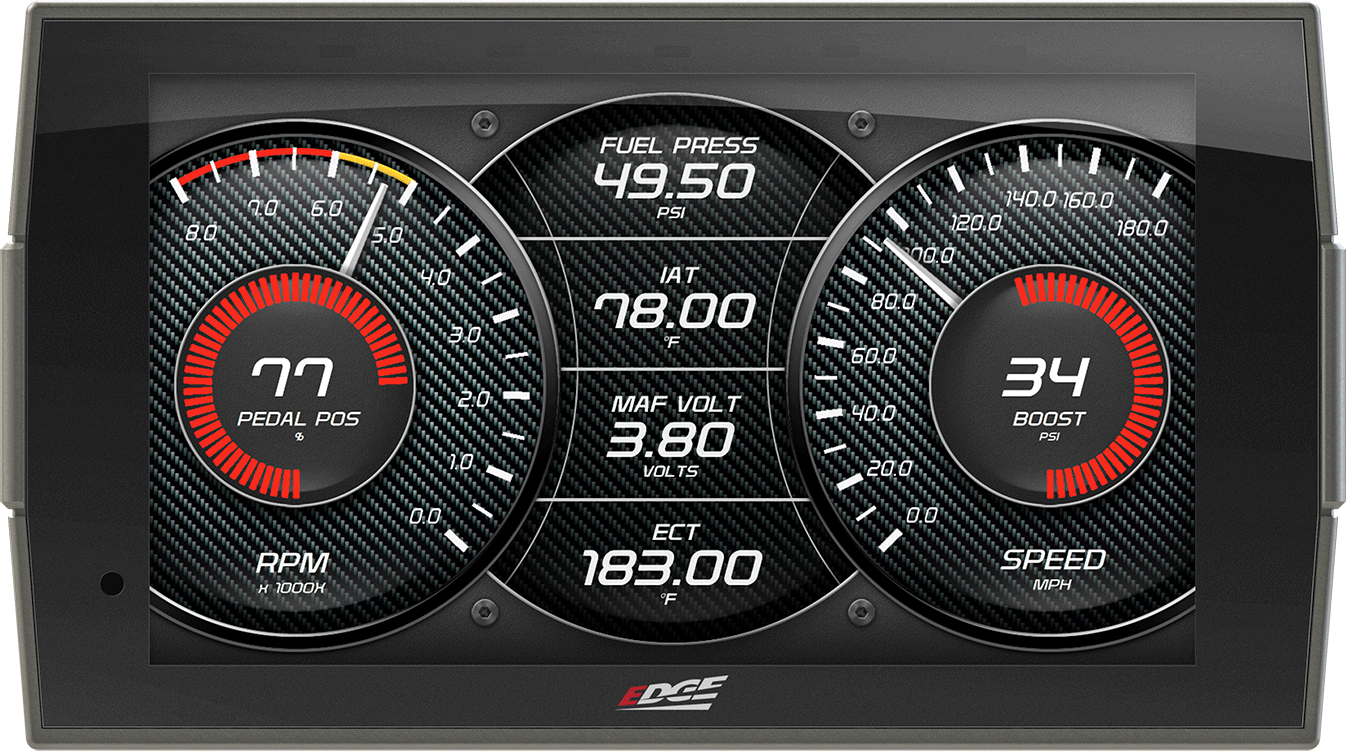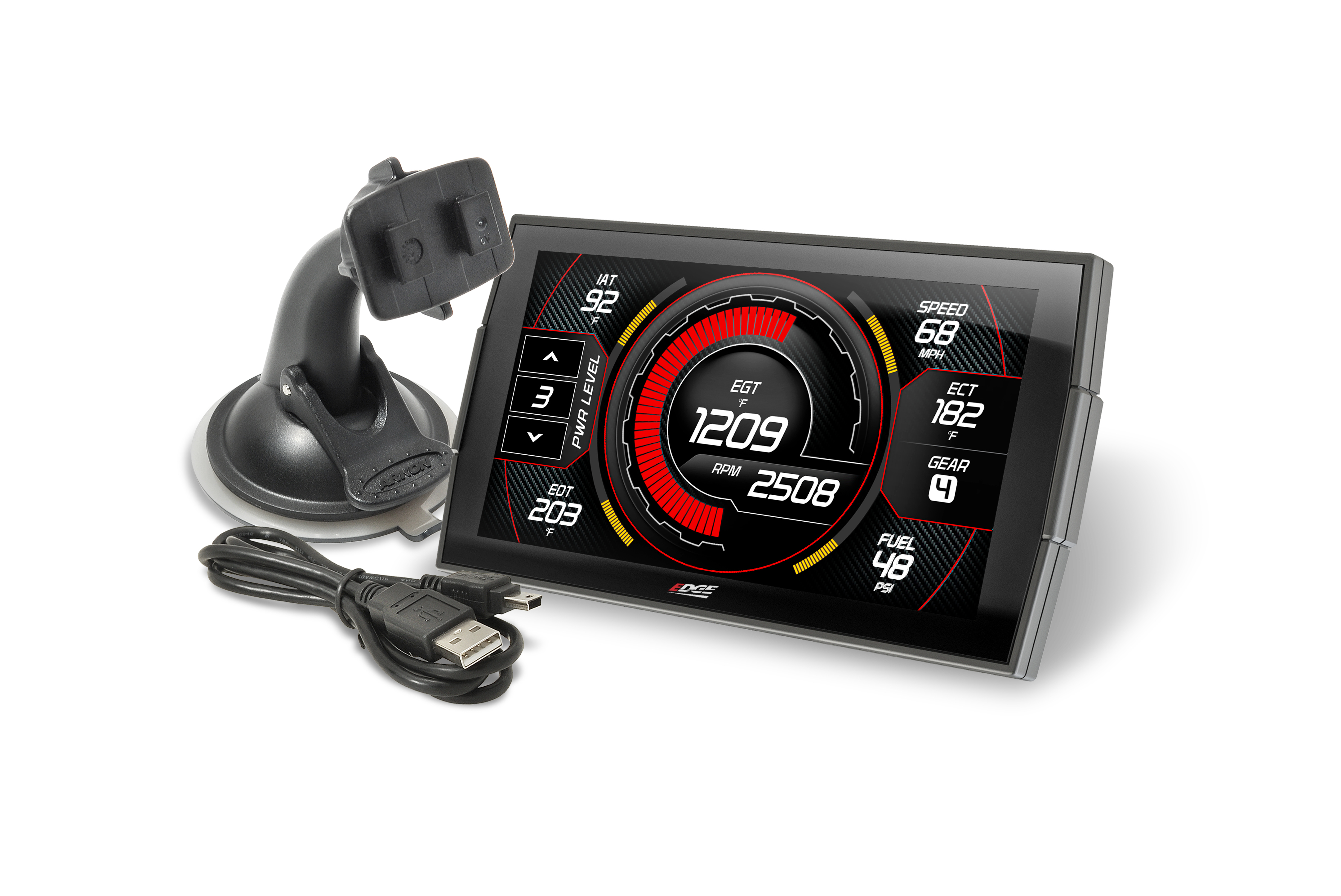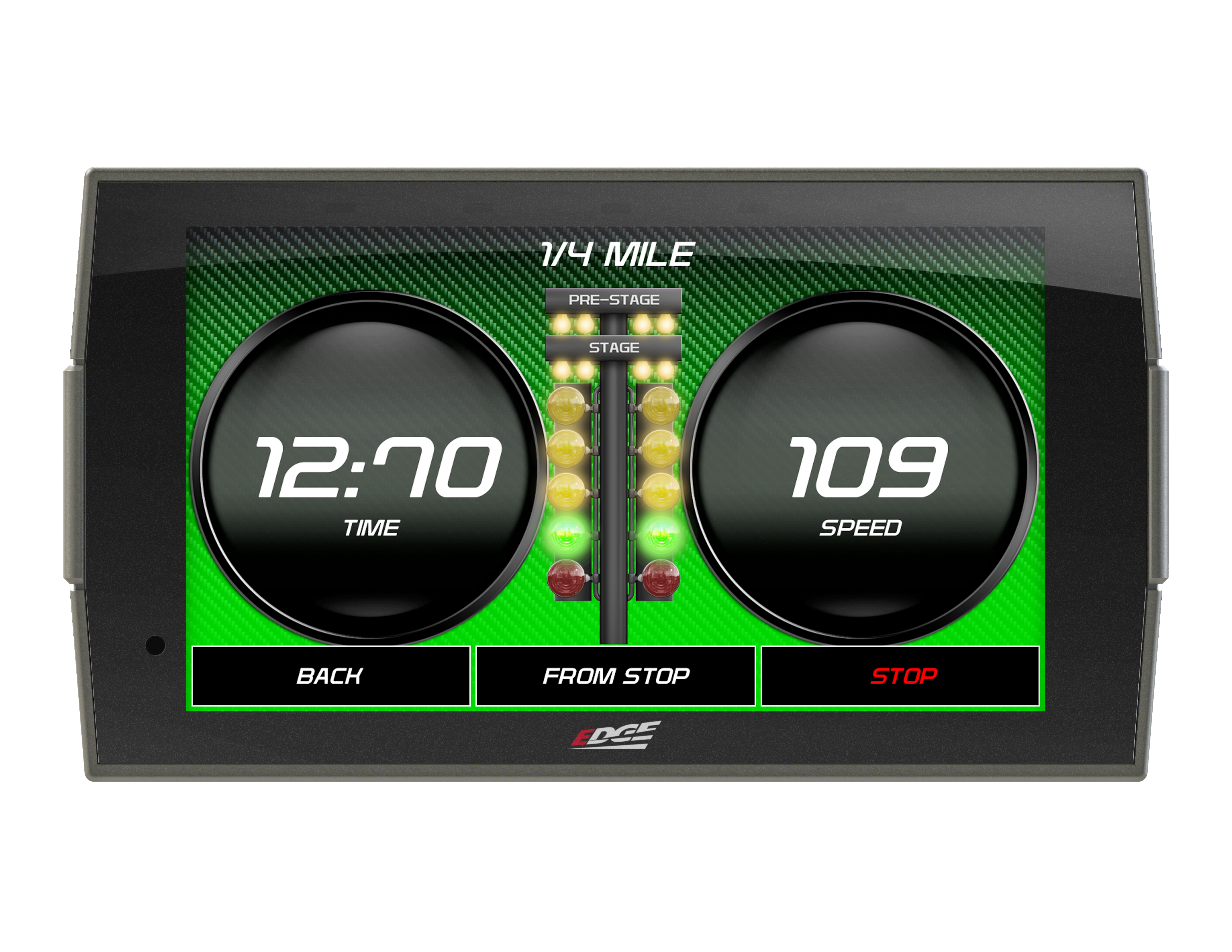Engine tuning is a process that adjusts a vehicle's engine and related systems to optimize performance. Whether you're looking to increase horsepower, improve fuel efficiency, or ensure your car runs smoothly on the track, engine tuning plays a critical role. For racing enthusiasts, tuning isn't just an option—it’s a necessity to compete effectively.
What is Engine Tuning?
At its core, engine tuning involves fine-tuning the air-fuel ratio, ignition timing, and other variables to maximize an engine's performance. Modern cars typically rely on electronic control units (ECUs) to manage these aspects. Tuners reprogram or "flash" the ECU to adjust factory settings, tailoring them to meet specific performance goals. In older vehicles, adjustments are made manually to carburetors, ignition systems, or other mechanical components.
How Tuning Improves Performance
-
Increases Horsepower and Torque:
By optimizing the air-fuel mixture, tuning ensures the engine burns fuel more efficiently. This process unlocks additional horsepower and torque, which are critical for acceleration and top speed. For example, turbocharged or supercharged engines can gain substantial power with proper tuning. -
Enhances Throttle Response:
Tuned engines often react faster to throttle inputs, making the car feel more responsive and dynamic on the track. This is particularly important in racing, where split-second acceleration can make a difference. -
Optimizes Fuel Efficiency:
While performance tuning focuses on power, it can also improve fuel efficiency by ensuring the engine operates at its most efficient air-fuel ratio. This balance is especially helpful for endurance races where fuel economy matters. -
Supports Modifications:
Performance upgrades like turbochargers, larger fuel injectors, or high-flow exhaust systems require the ECU to be recalibrated. Tuning integrates these parts into the engine's system for maximum gains. -
Prepares for Specific Conditions:
Racers often tune engines to suit specific tracks or climates. For instance, high-altitude tracks require adjustments to compensate for reduced oxygen levels in the air.
Why Engine Tuning is Essential for Racing
Racing is about pushing vehicles to their limits. Factory settings on engines are designed for reliability and general use, not for peak performance. Without tuning, even the most advanced modifications won’t achieve their full potential. Tuning customizes the engine to deliver optimal power, precision, and durability for the unique demands of racing.
Furthermore, engine tuning ensures the vehicle complies with specific racing regulations. For example, tuning can adjust power output to meet class restrictions or reduce emissions if required.
Risks of Poor Tuning
Improper tuning can lead to engine knock (pre-detonation), overheating, or even severe engine damage. This is why working with experienced tuners who use advanced tools like Superflow dynos is crucial. Dyno testing provides real-time data on the engine's performance, ensuring adjustments are accurate and safe.
----
Engine tuning is the art and science of extracting maximum potential from a car’s engine. For racers, it’s an essential step to ensure their vehicles perform at the highest level. Whether you’re chasing lap records or improving your daily driver, tuning can unlock a world of possibilities for your engine.
Sources:
- SuperFlow Dynos: “Why Dyno Testing is Essential for Performance Tuning.”
- HowStuffWorks: "How Car Engines Work."
- MotorTrend: "The Basics of Engine Tuning for Beginners."













